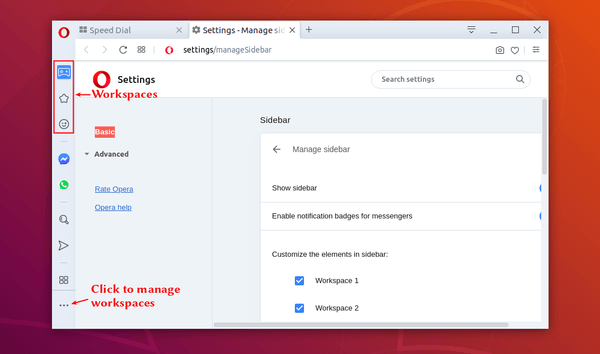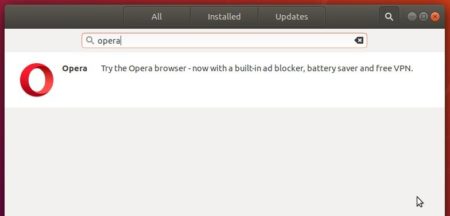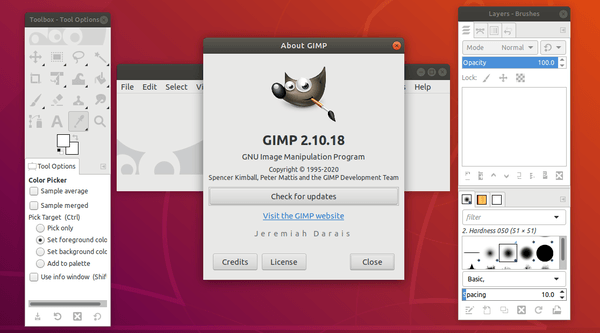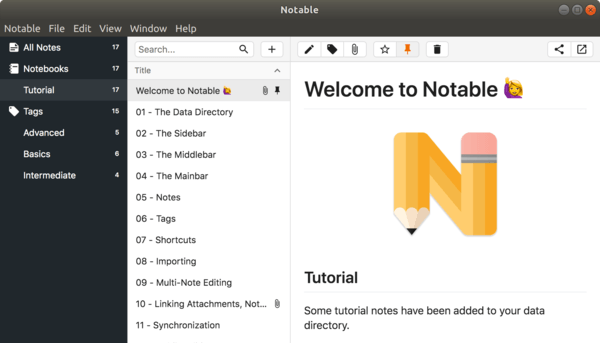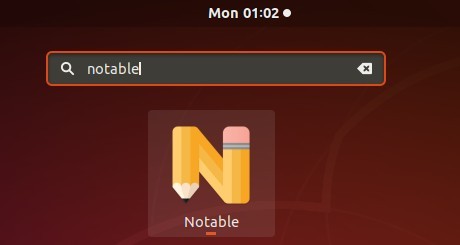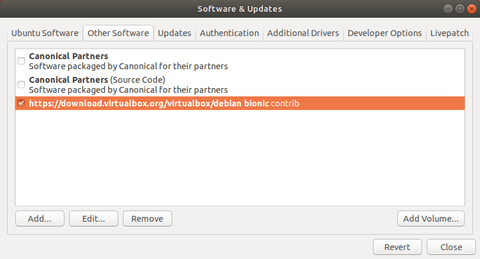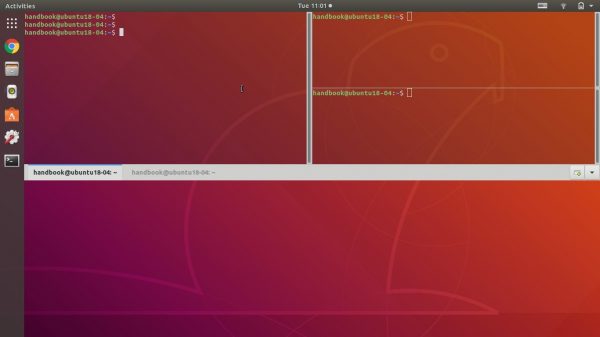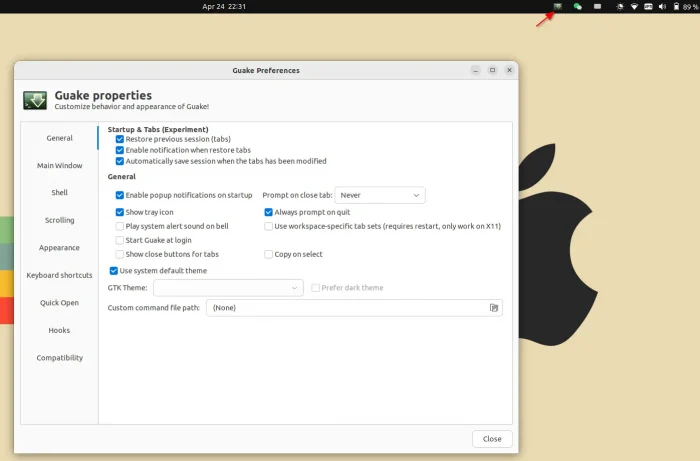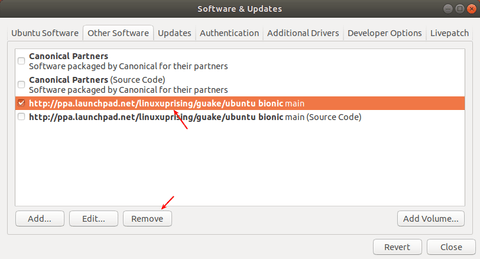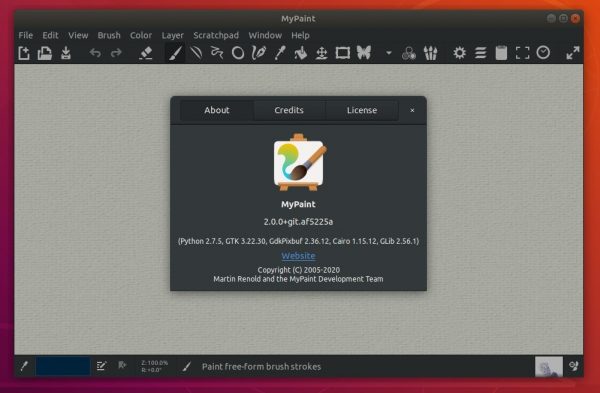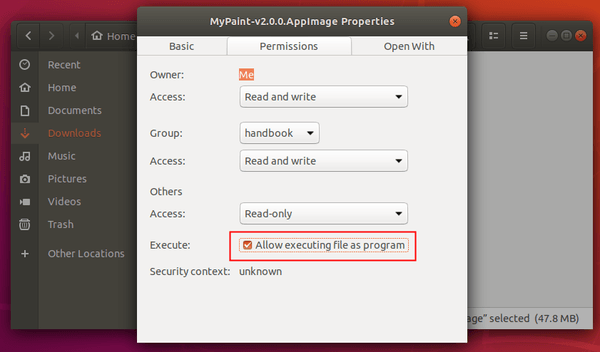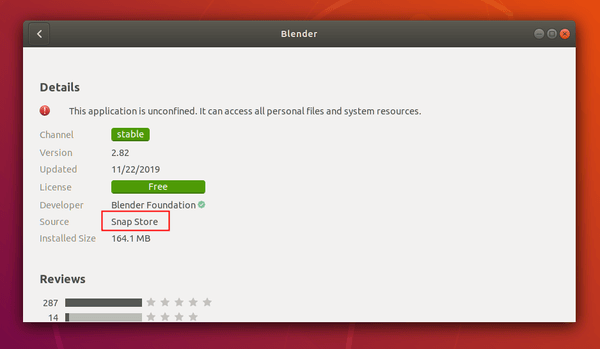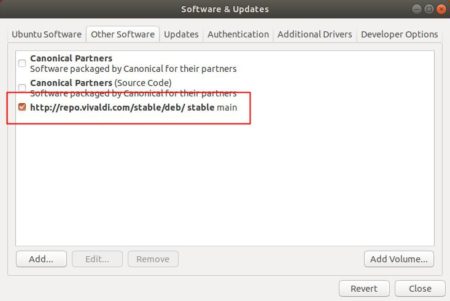![]()
HPLIP 3.20.2, HP developed open source Linux driver for HP printers and scanners, was released today with many new devices and Linux Mint 19.3 support.
HLIP 3.20.2 added support for Linux Mint 19.3 and the following new printers:
- HP Neverstop Laser MFP 1200n, 1200nw
- HP Neverstop Laser MFP 1201n, 1202nw
- HP Laser NS MFP 1005n
- HP Neverstop Laser 1000n, 1001nw
- HP Laser NS 1020n
- HP ScanJet Pro 2000 s2
- HP ScanJet Pro 3000 s4
- HP ScanJet Pro N4000 snw1
- HP ScanJet Enterprise Flow 5000 s5
- HP ScanJet Enterprise Flow N7000 snw1
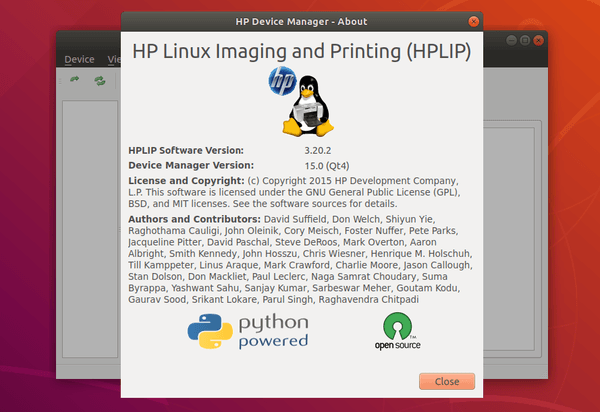
1. To install the software, download the package “hplip-3.20.2.run” from the link below:
2. Then open terminal (Ctrl+Alt+T) and run command to make the file executable.
chmod +x ~/Downloads/hplip-3.20.2.run
3. Finally run command to run the downloaded file:
sh ~/Downloads/hplip-3.20.2.run
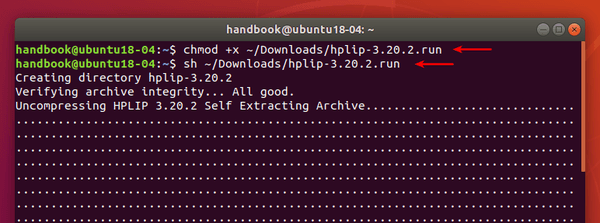
4. Follow the terminal prompts, answer some questions to build and install HPLIP on your system. When everything is done, plug/re-plug your printers and enjoy!




